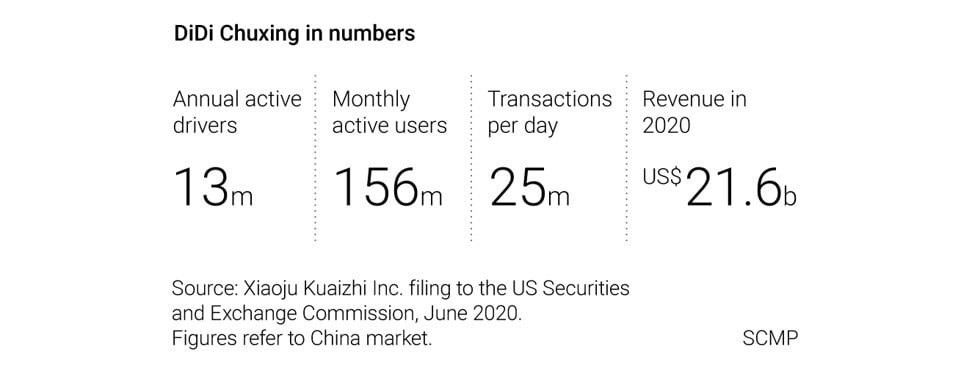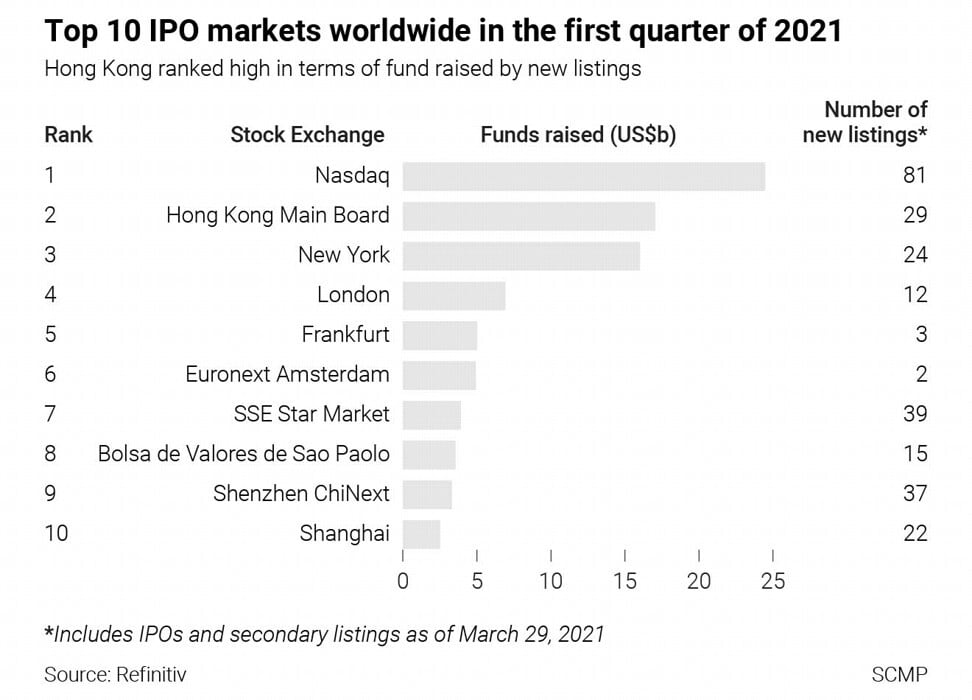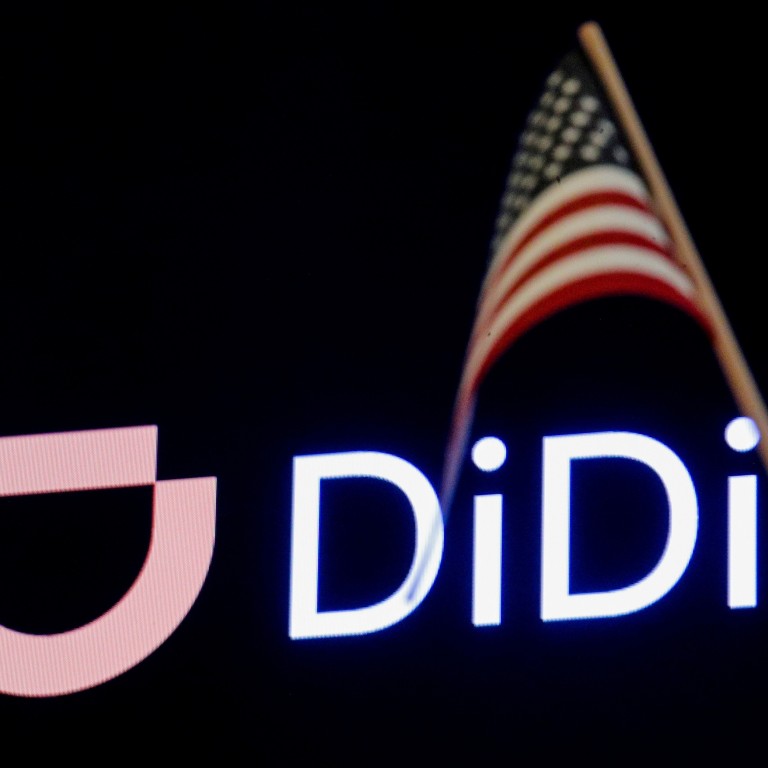
Exclusive | China’s regulators suspect Didi’s US listing was ‘deliberate act of deceit’, a portrayal that shows severity of mistrust, sources say
- Some officials have privately described Didi’s move as 'yang feng yin wei' – to comply publicly, but defy privately
- Didi’s US IPO also casts the Cyberspace Administration of China in a bad light, raising questions about its competence, a source said
Some officials have privately described Didi’s move as yang feng yin wei – to comply publicly, but defy privately – according to a source who was briefed, speaking on condition of anonymity for describing confidential discussions.
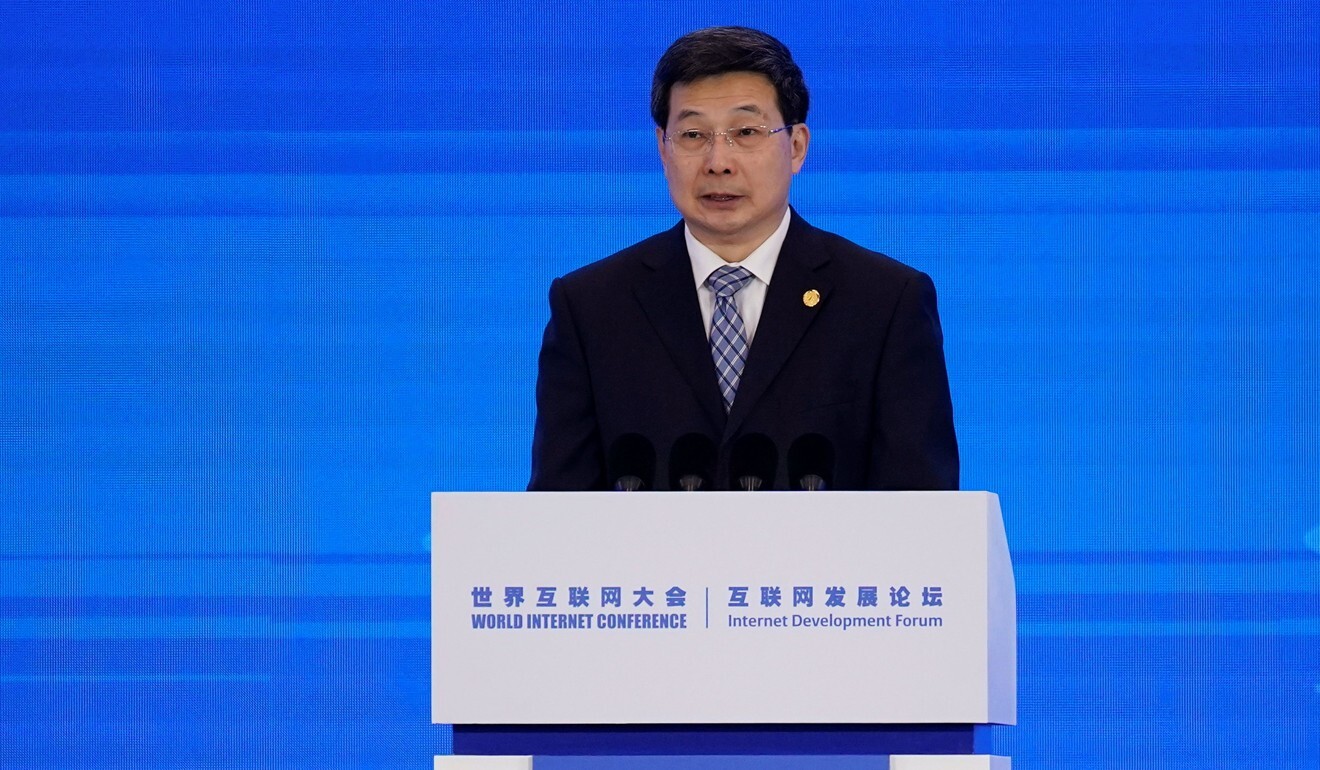
The listing of Didi was an unwanted surprise for many, one source said. Didi has clearly angered some people, he said.
But the lack of goodwill does not necessarily mean Didi should expect the worst, sources said.
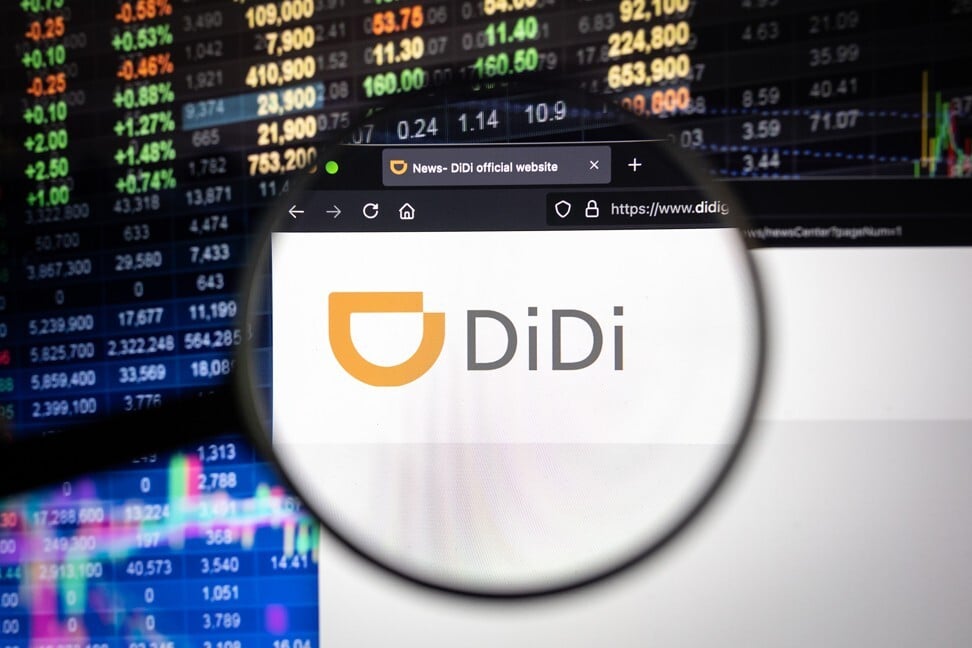
The crux of the controversy, which wiped about US$23 billion off Didi’s capitalisation from its July 1 high, was a misinterpretation over the clarity and forcefulness of the CAC’s instruction for Didi to postpone its New York listing. Neither Didi nor the CAC had ever publicly acknowledged the existence of such a conversation.
Didi’s executives met CAC officials sometime during the second quarter in Beijing, according to a third source, where verbal discussions produced no written records. For the CAC, such sit-down discussions with the foreign media or other internet content providers constituted channels to formally deliver the regulator’s instructions, with no room for defiance.
Technology companies “have to find a way to meet the regulatory requirements in the US and in China, but there’s no solution for now and it might be the case in the foreseeable future,” said Edward Tse, the founder of Gao Feng Advisory Company, adding that a new layer of compliance adds to the complexity.
The US listing plans by many Chinese technology firms are grinding to a halt following the Didi debacle, said an investment industry source who declined to be named, describing the situation with the adage “a fire at the city gate is a calamity for the fish in the pond.”
China’s ultimate intention is not to prevent companies from listing abroad but they do want to have procedures in place to control the mechanisms by which that happens, said Kendra Schaefer, the head of tech policy research at Trivium China, a consultancy.
WeChat’s operator Tencent Holding and this newspaper’s owner Alibaba Group Holding are both financial backers of Didi. Tencent’s president Martin Lau and Alibaba’s executive chairman Daniel Zhang both sit on Didi’s board as directors.
For now, investigations are ongoing at Didi. The nine-year-old company could be ordered to suspend operations and lose its dominant market position in the worst case, or be instructed to rectify its operations to continue its business in the best case, said Henry Gao, an associate professor of law at the Singapore Management University.
Additional reporting by Che Pan





